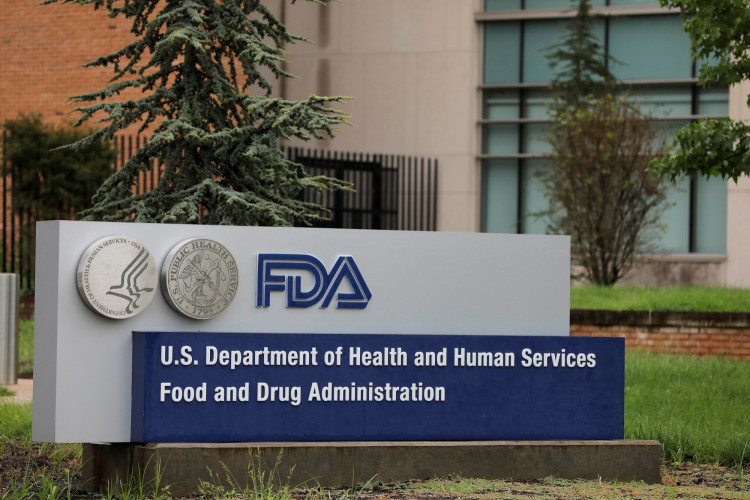A Baltimore factory contracted to produce Johnson & Johnson's COVID-19 vaccine was unsanitary, outdated and has poorly qualified workers, resulting in contamination of material to be used in the shots, U.S. regulators said Wednesday.
The Food and Drug Administration issued a statement and a 13-page report outlining findings from its latest inspection of the now-idle Emergent Biosciences factory.
A batch of the bulk drug substance for J&J's single-shot vaccine was contaminated with material used to make COVID-19 vaccines for another Emergent client, AstraZeneca, according to agency inspectors. That batch, which was reportedly enough to make approximately 15 million J&J vaccine doses, had to be destroyed.
Other issues cited in the inspection report included peeling paint, cracked containers, workers dragging unsealed bags of medical waste, insufficiently qualified personnel, and ignored procedures.
According to the FDA, nothing made at the factory for J&J has been distributed. The nearly 8 million doses of J&J vaccine administered in the U.S. came from Europe.
The FDA initiated an inspection of the company's factory in Baltimore's Bayview neighborhood on April 12. Four days later, the agency asked Emergent to stop manufacturing any new material at the facility and to quarantine all existing vaccine substance already made there. The company complied, pending results of the inspection and any necessary remediation.
In a statement issued on Wednesday, Emergent said that it is "committed to working with the FDA and Johnson & Johnson to quickly resolve the issues identified."
The administration of the J&J's COVID-19 vaccine was already halted in the U.S. last week due to concerns about a very rare blood clotting condition discovered in a small number of people who had received the vaccine. Six cases were found out of nearly 7 million doses administered.
J&J has committed to providing 100 million doses in the U.S. by the end of May, and 1 billion doses worldwide by the end of the year.






